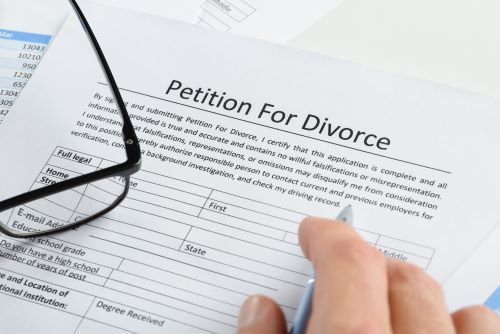5 Reasons Having a Personal Injury Lawyer Is Important
If you’ve experienced an accident that has resulted in an injury to yourself or a loved one, obtaining fair compensation may be critical for the recovery process. Though recovery is the primary concern, it can be costly. The added financial stress of medical bills, repairs, and work missed can be overwhelming. Additionally, the insurance company may try to minimize the amount of compensation you receive.
Rather than settling a claim on your own, you may want to hire a personal injury lawyer to be your advocate. Legal representation can be extremely beneficial when attempting compensation, helping to ease the financial and emotional burden so you can focus on getting better faster. Below are just a few of the reasons it’s important to have good legal representation.
1. Prevents Errors
Personal injury claims are contingent upon getting the facts straight. Though the accident’s details may seem straightforward, it’s easy to miscommunicate the facts or make small errors. In a system where your best interests aren’t always the priority, something you say can be turned against you. Even if you have done a diligent job of keeping records and documenting the injury, symptoms, or proof of damage, a simple mistake such as a paperwork error or a missed deadline can cost you the case.
A personal injury lawyer equipped with the knowledge of how these claims work can protect you and your case from simple errors. Keeping track of all the details can be complicated, especially when managing your own recovery with doctors’ appointments and any insurance claims also involving damage to property, such as your car or house. Good legal representation will keep track of what you need when you need it, presenting your case in the best way possible. This will better ensure fair and full compensation.
2. Protects Against Insurance Companies Trying to Withhold Money
Though there are good insurance companies, most are businesses that will have their own interests in mind. When it comes to providing compensation, an insurance company may try to minimize how much you receive. There are insurance laws that regulate these companies, but they will also have a team of attorneys representing them that will understand these laws and how to use them in their favor or find possible loopholes. It’s important to have representation on your side who also understands these laws and can protect you from losing out on money you may be entitled to.
3. Evaluates Damage Accurately
Evaluating damage properly is twofold: whose fault is it and how much damage was sustained? It’s important to identify fault. Establishing that the accident isn’t your fault and having the proof to back these claims will help your case establish liability. A good personal injury lawyer will eliminate any doubt of how these injuries occurred and who the responsibilities lie with. They will also help compile the evidence needed to document the extent of the injury and any damage to property.
However, the full damage may not be limited to visible damage. Depending on state laws, some claims may entitle you to pain and suffering compensation or loss of consortium. A good personal injury lawyer can better assess the extent of damage in addition to reimbursement of medical bills and have a better understanding of what your claim is actually worth.
If you have experienced an accident and need advice on what your claim is worth, contact the expert team at Warren Allen LLP. We are here to help you deal with the aftermath of an accident and provide solid legal representation and advice to help you receive compensation. Contact our firm today so you can learn what your options are for the best resolution possible.
4. Manages Claim Details
Personal injury claims can be quite complex. Each state has different laws and different rules you must comply with. There are required documents and paperwork and deadlines to be met, and your claim must be substantiated with strong evidence. With obtaining all the documents, filling out the paperwork, acquiring proper evidence, following protocol properly, and meeting all your deadlines, this can be a lot to manage. Not to mention balancing all of this with continuing your recovery and any emotional damage sustained as well. Legal representation will manage your case so you can focus on getting better, without the risk of compromising your claim or the payout you receive.
A skilled attorney will have the knowledge of what you need to build your case so you can have the best possible outcome. This could include accident reports, eyewitness statements, photographs, medical records, insurance information, and financial records.
Legal representation will also understand the procedures you must follow. Do you have to schedule a damage inspection? What paperwork do you need? Is there a statute of limitation? Which state you live in will determine the maximum amount of time a person has from the date of injury to when they file their claim. An attorney will help you meet deadlines and follow proper procedures so you don’t miss out on potential compensation.
5. Help Prepare You for Deposition
You may be required to give a deposition. If you’re unprepared, this can be intimidating. A deposition is a sworn, out-of-court testimony of a witness involved in a civil lawsuit. Though it may seem simple enough to give an honest account of the accident and how the injuries were obtained, it can be difficult to recall these events later with accuracy and detail.
A personal injury lawyer will help you gather the facts and compile a clear and accurate account of what you remember. They will also make sure that it’s as comprehensive as possible. If you’re nervous, you will be able to practice with your attorney until you feel confident you can retell the events with accuracy, clarity, and honesty.
This is a difficult time in your life, and it can be emotionally and financially draining. Having an experienced attorney is important because they will focus on the details of helping you win your claim so you can focus on your health, making recovery your top priority.









